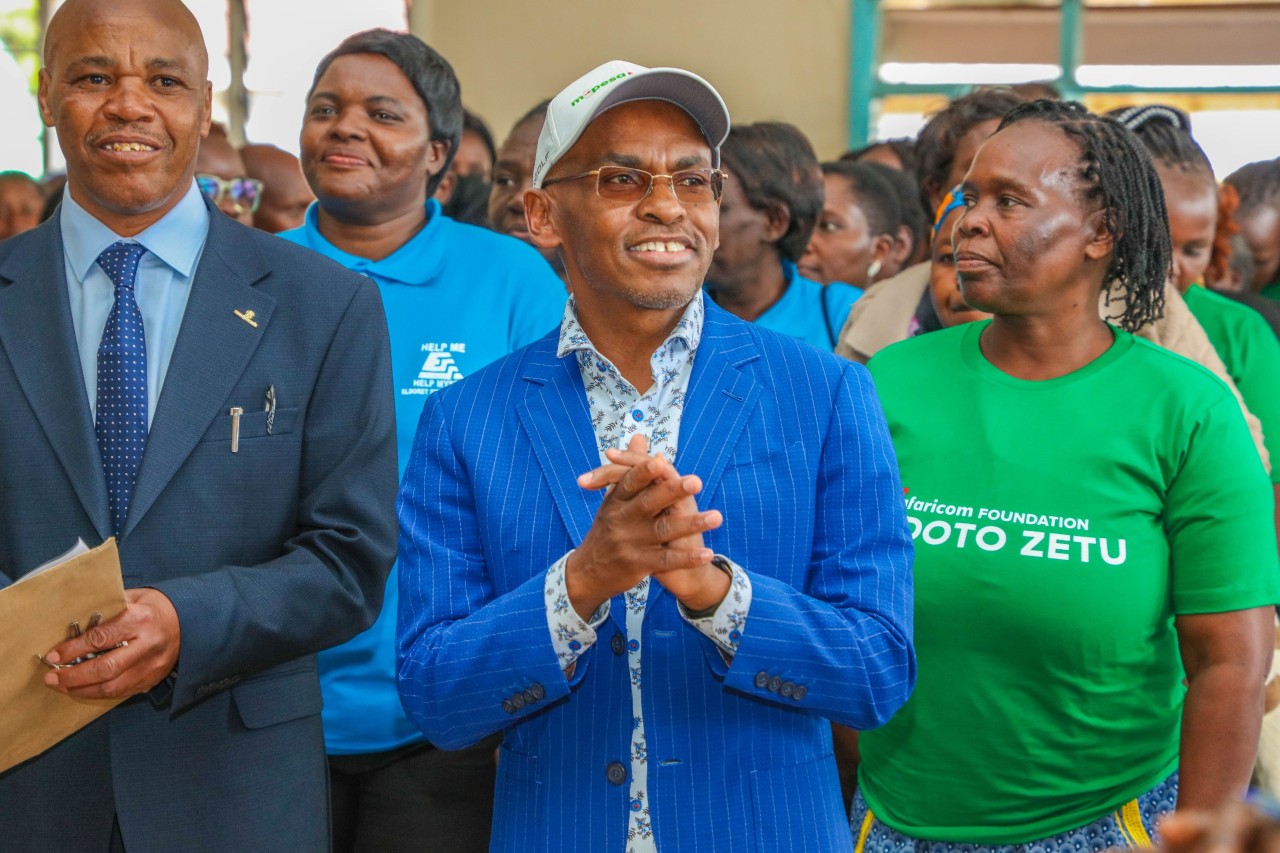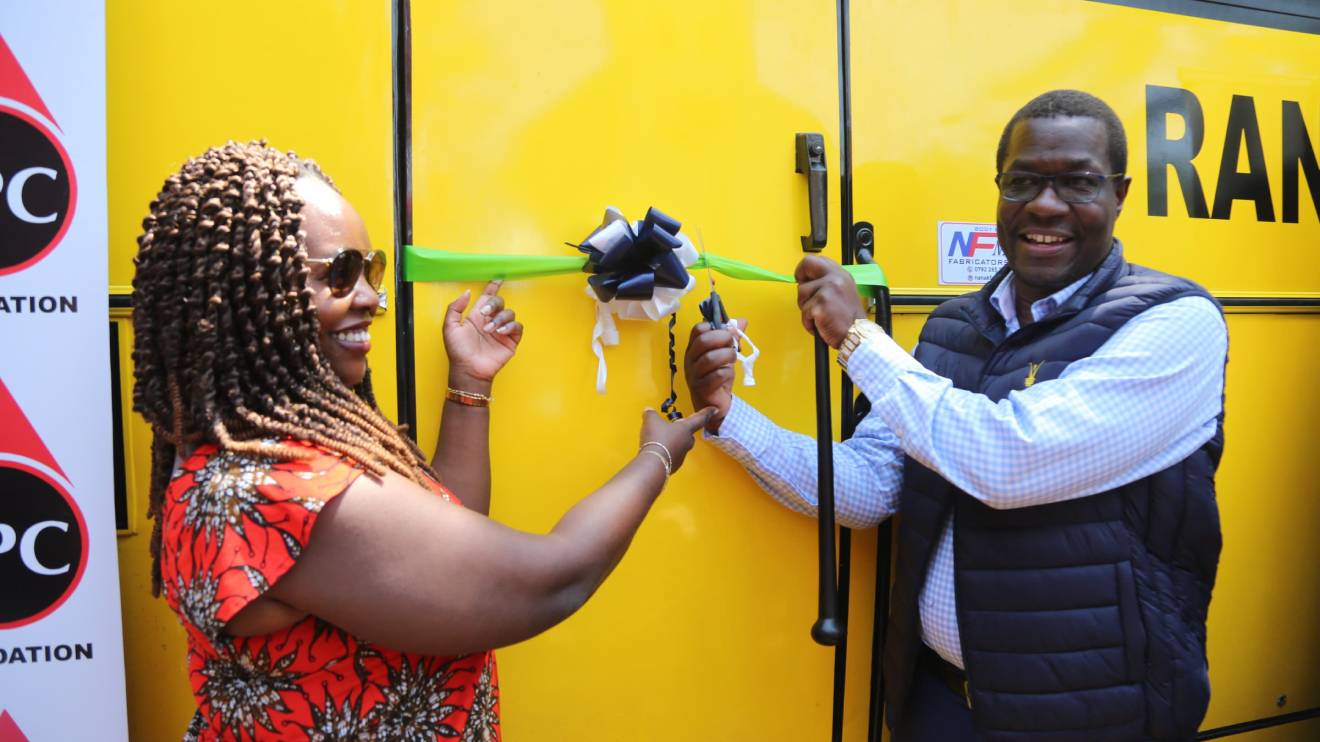7.4 per cent of children in Kenya are joining Grade 1 without going through Early Childhood Development Education (ECDE), exposing deep cracks in the country’s foundational learning system.
This alarm was raisedduring the launch of the State of Education in Kenya Research Report by Zizi Afrique Foundation and Usawa Agenda on Thursday.
The report highlights how the early years of education, key for brain development and lifelong learning, is out of reach for thousands of children, especially in rural and underserved regions.
“Children are entering school already disadvantaged. The gap starts early and it compounds,” reads the report.
While ECDE is intended to give children a head start, data shows rural children are more likely to miss out.
Read More
In the countryside, 8.4 per cent of learners skip ECDE and dive straight into primary school, compared to 6.2 per cent in urban areas.
The most affected counties are:
• Mandera – 51.4 per cent of children begin primary school without ECDE
• Marsabit – 33.3 per cent ECDE exclusion rate
By contrast, Kisumu (1.3 per cent) and Nakuru (1.8 per cent) recorded the lowest levels of exclusion.
These regional disparities paint a picture of unequal access to early education across Kenya.
“While the increase in early childhood development education is positive, the devolvement of this function to the county governments means a lack of standardisation in the quality and access to early childhood education across the country,” said Usawa Agenda Executive Director Dr Emmanuel Manyasa.
Among children already in Grade 1 and above, 7.5 per cent of boys and 7.4 per cent of girls have never stepped into an ECDE classroom.
For children with disabilities, the number is 7.2 per cent, only slightly lower than their able-bodied peers, an indication that ECDE access challenges cut across gender and ability.
Experts say ECDE is not just about learning the alphabet or numbers, it is about building cognitive, social, and emotional skills that shape a child's entire learning journey.
By missing ECDE, children are starting primary school without the critical skills needed to catch up, leaving them at a perpetual disadvantage.
Despite the challenges, the report credits policy reforms and infrastructure investments for improved national enrolment.
Between 2018 and 2021, ECDE enrolment rose by nearly 5 per cent, and the number of ECDE centres jumped to 47,666 in 2023/24 from 46,623 the previous year:
• 32,461 public centres
• 15,205 private centres
However, the number of ECDE teachers has declined sharply from 92,359 in 2019 to just 69,561 in 2022 a drop that threatens the quality and reach of early childhood education.
ECDE falls under county governments, who are tasked with its management and delivery, while the national government provides policy guidance and curriculum.
However, disparities in funding and priorities between counties have created uneven access across the country.
The report proposes that counties prioritise ECDE funding and teacher recruitment, the National government enforce equity in foundational education, and counties like Mandera and Marsabit need special support.

-1752797011.jpeg)


-1750067533.jpeg)



-1752782540.jpg)
 (1)-1752708849.jpg)